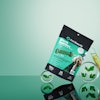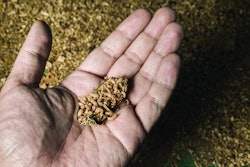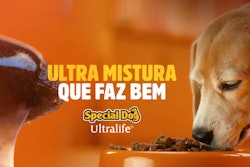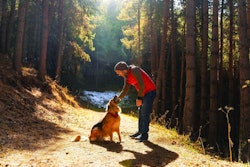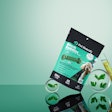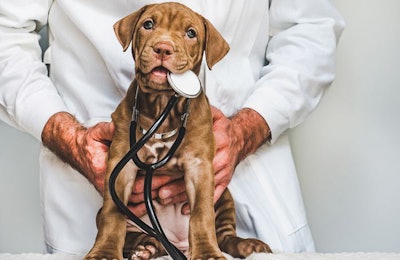
While superfoods have become popular in dog foods, grapes will never be one of them. Although humans receive many benefits from the sweet fruit of the vine, both popular belief and scientific research warn against grapes as dog treats or ingredients in dog food. Despite the health benefits of grapes to humans, including antioxidants, fiber, vitamins and the phytonutrient resveratrol that people use to justify a glass of red wine with dinner, the Journal of Veterinary Medicine documents cases of grapes causing kidney damage and neurological problems in dogs. In extreme cases, dogs have died after eating just a few grapes.
However, scientists didn’t know exactly what caused this toxicity. What’s more, not every dog has the same reaction, and some dogs eat grapes and grape products without any problems, according to Petfood Industry’s Ingredient Issues. Some researchers have even found that grape products may help inhibit dangerous blood clots in dogs.
Chemical that may cause grapes and raisin toxicity to dogs
The deadly toxic effects of other foods may have pointed out the reason dogs may be harmed by grapes. In the Journal of Veterinary Emergency and Critical Care, scientists documented how dogs became sick after eating tamarinds or cream of tartar. Four of the dogs became so ill they were euthanized.
Tamarinds are a sweet-sour fruit that grows like a bean pod hanging from a leguminous, tropical tree. While not common in temperate regions, tamarinds do contain a chemical that is found in grapes, as does cream of tartar. That chemical is tartaric acid, or potassium bitartrate. Cream of tartar is made from the potassium acid salt of tartaric acid.
After eating either tamarinds or cream of tartar, dogs exhibited kidney failure and other signs similar to those of dogs poisoned by grapes or raisins.
“Connecting these reports with findings in grape and raisin toxicosis and the sensitivity to tartaric acid in dogs, tartaric acid is identified as the likely toxic component in grapes and tamarinds,” the study’s authors wrote.


